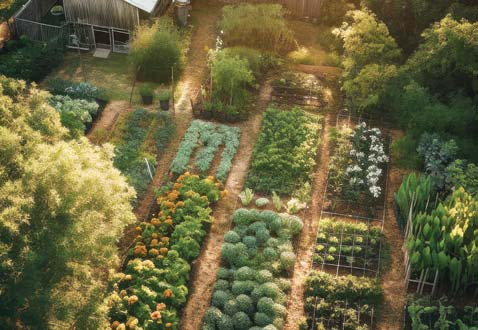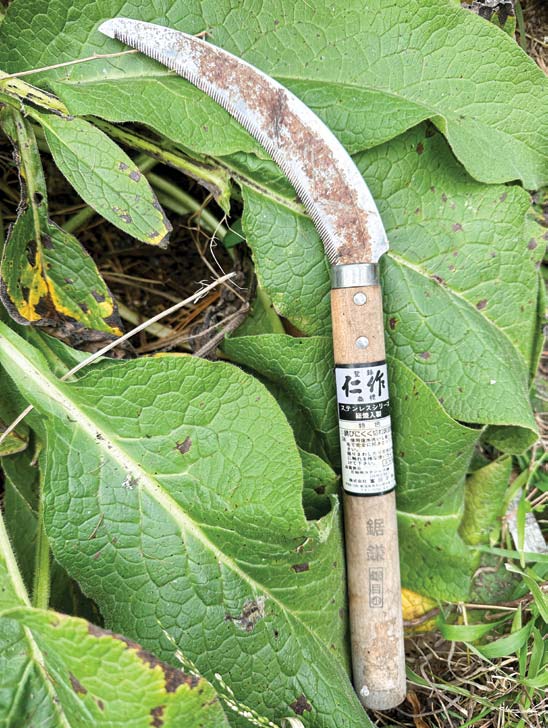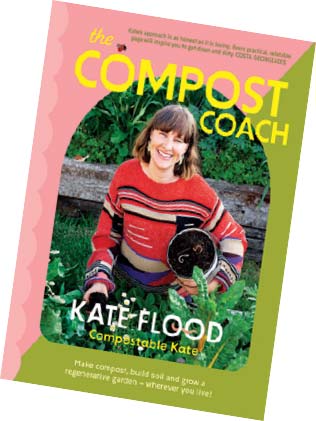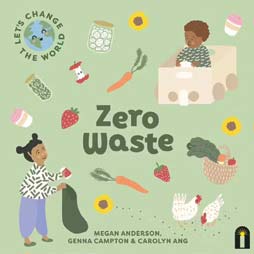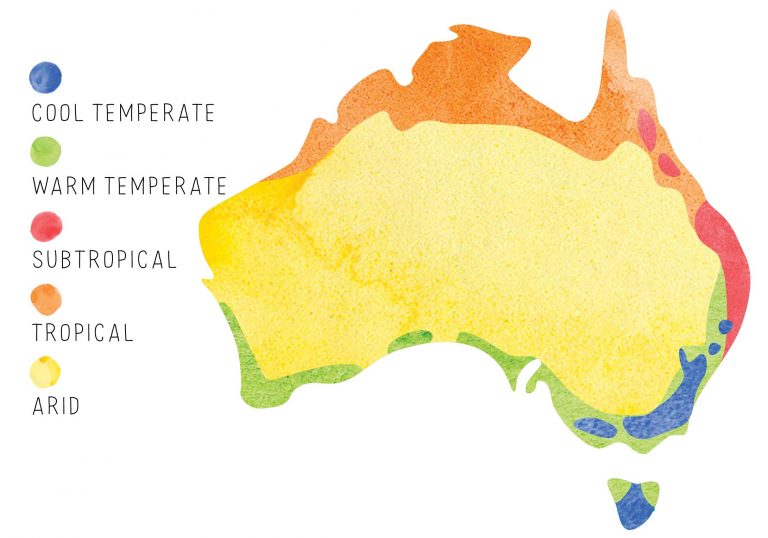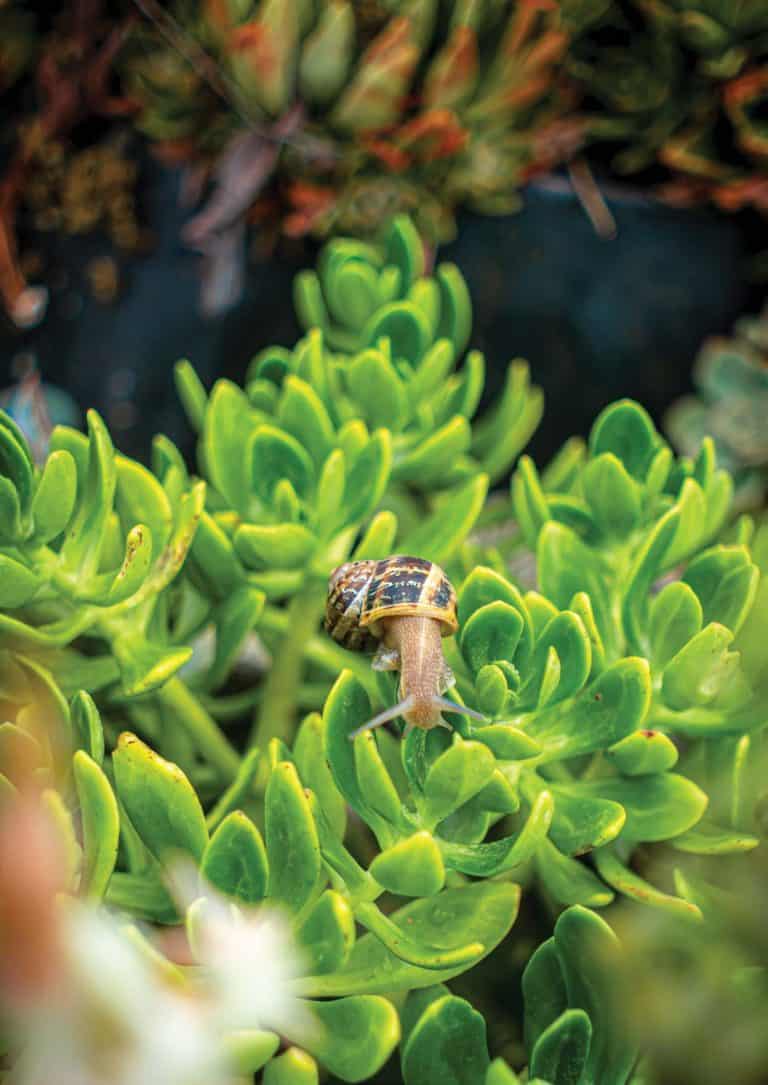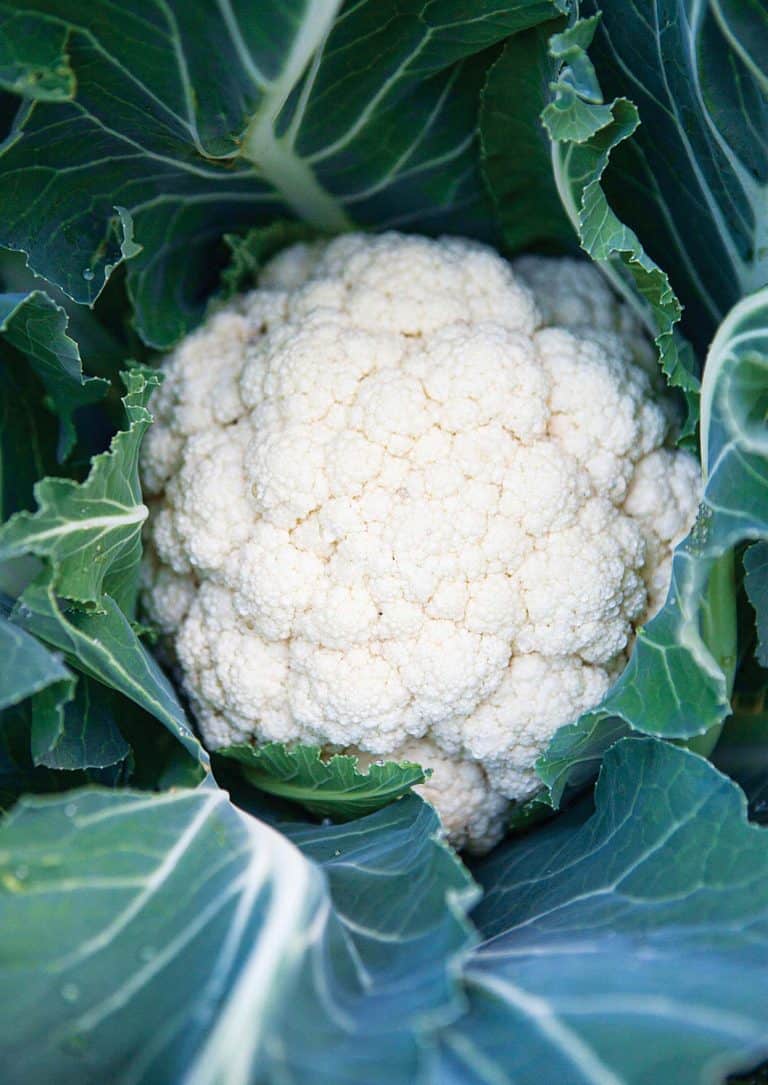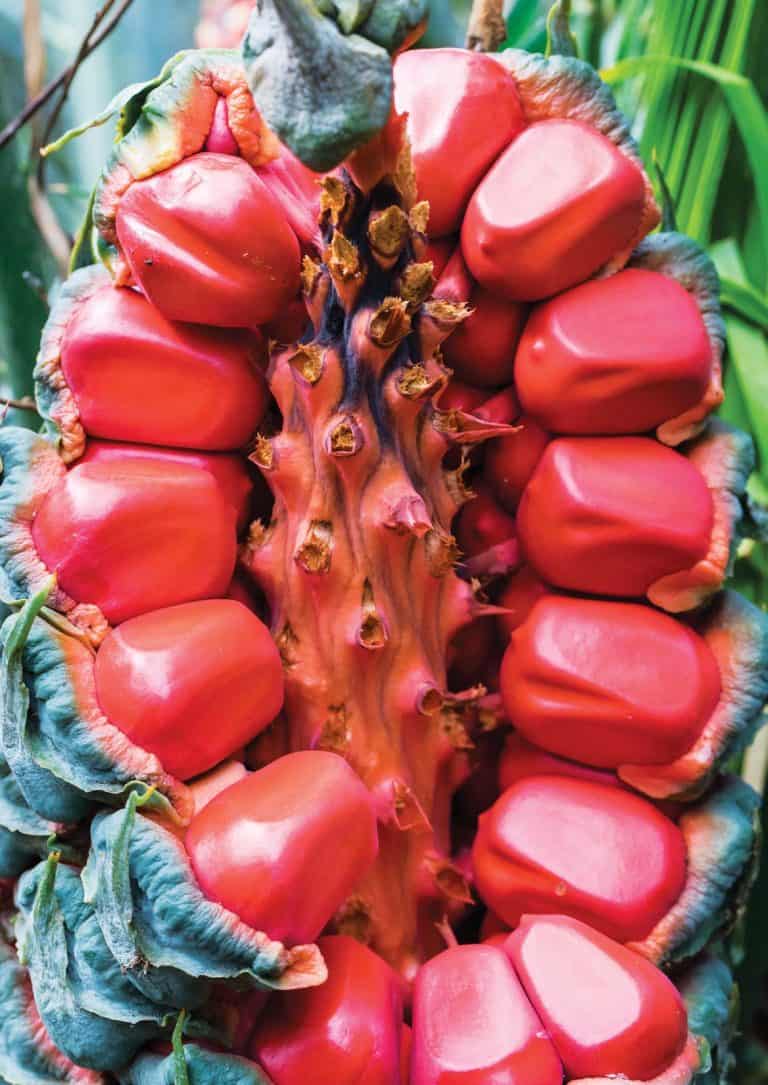EDITORIAL
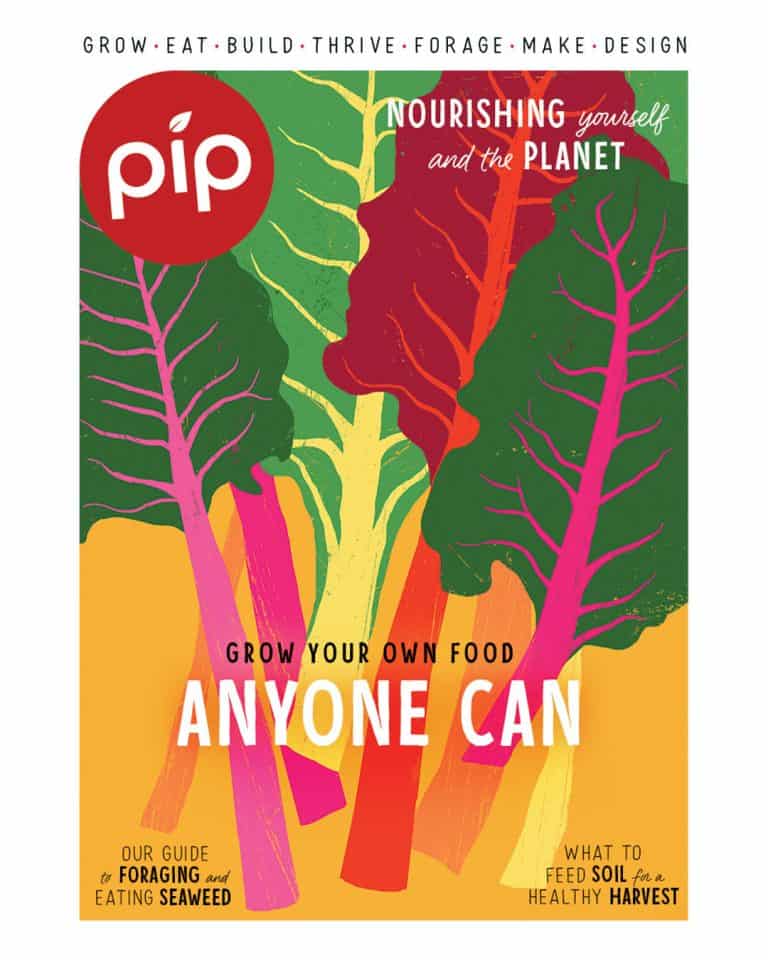
Growing food is one of the most powerful things we can do. Not only can it have far reaching benefits into our communities and surrounding environments it can also improve our own health and wellbeing.
Growing your own food reduces pollution by reducing food miles, when done well it can build our soil health and when shared it can build communities. Growing your own food reduces the intake of chemicals, increases our nutrient intake and brings down our household food bills, thus reducing the cost of living. Taking time in the garden is good for our mental health, it helps us connect to the seasons and with nature, and having our hands in the soil is good for our gut microbiota.


